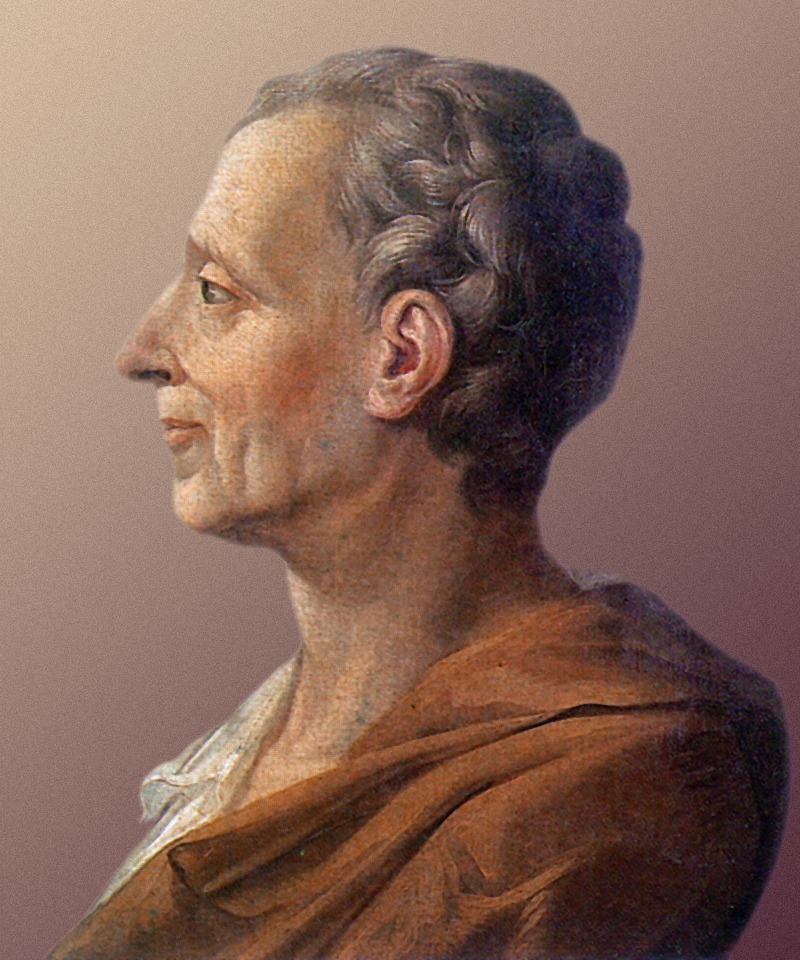
Pensieri
By Montesquieu
1791
First Published
3.80
Average Rating
553
Number of Pages
My Thoughts provides a unique window into the mind of one of the undisputed pioneers of modern thought, the author of the 1748 classic, The Spirit of the Laws . From the publication in 1721 of his first masterpiece, Persian Letters, until his death in 1755, Montesquieu maintained notebooks in which he wrote and dictated ideas on a wide variety of topics. Some of the contents are early drafts of passages that Montesquieu eventually placed in his published works; others are outlines or early versions of projected works that were ultimately lost, unfinished, or abandoned. These notebooks provide important insights into his views on a broad range of topics, including morality, religion, history, law, economics, finance, science, art, and constitutional liberty. Montesquieu called these notebooks Mes Pensées (My Thoughts), and they appear in their entirety in English for the first time in this Liberty Fund edition. Editor and translator Henry C. Clark provides readers with translations of most of the footnotes contained in the 1991 French edition by Louis Desgraves, while adding new notes, a bibliography, and other aids to understanding the text and translation. These features provide the frame for a revealing portrait of one of the most influential figures of the eighteenth century. Henry C. Clark is a Visiting Professor in the Political Economy Project at Dartmouth College. He has written two books and numerous articles, mainly on the French and Scottish Enlightenments.
Avg Rating
3.80
Number of Ratings
51
5 STARS
31%
4 STARS
33%
3 STARS
24%
2 STARS
8%
1 STARS
4%
goodreads
Author

Montesquieu
Author · 13 books
Charles-Louis de Secondat, baron de La Brède et de Montesquieu, generally referred to as simply Montesquieu, was a French social commentator and political thinker who lived during the Enlightenment. He is famous for his articulation of the theory of separation of powers, which is taken for granted in modern discussions of government and implemented in many constitutions throughout the world. He was largely responsible for the popularization of the terms "feudalism" and "Byzantine Empire."